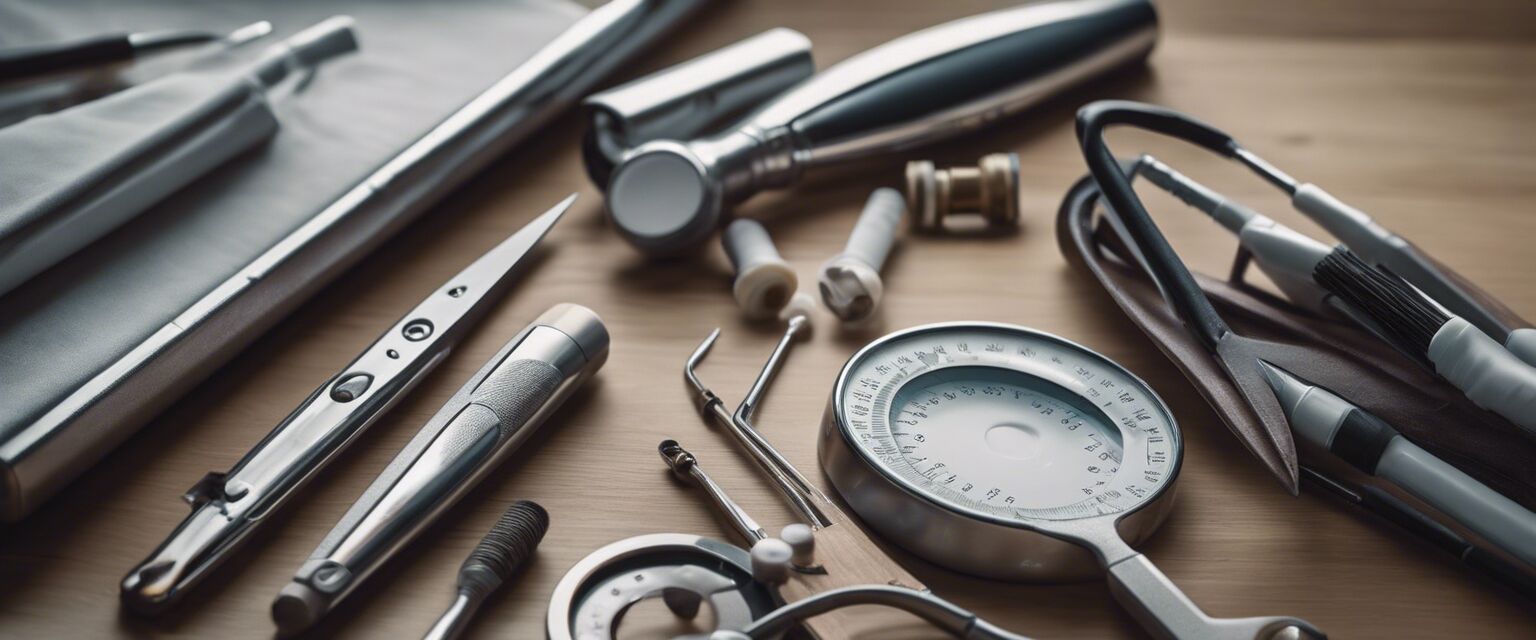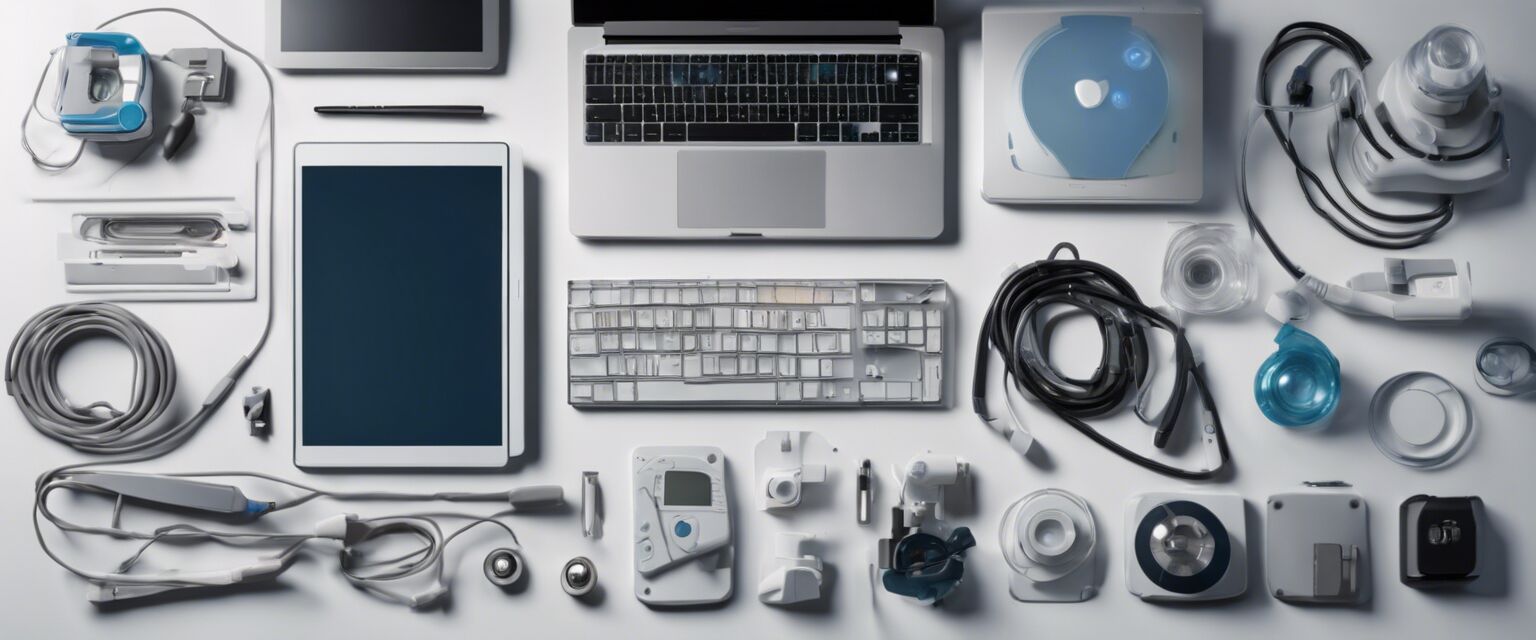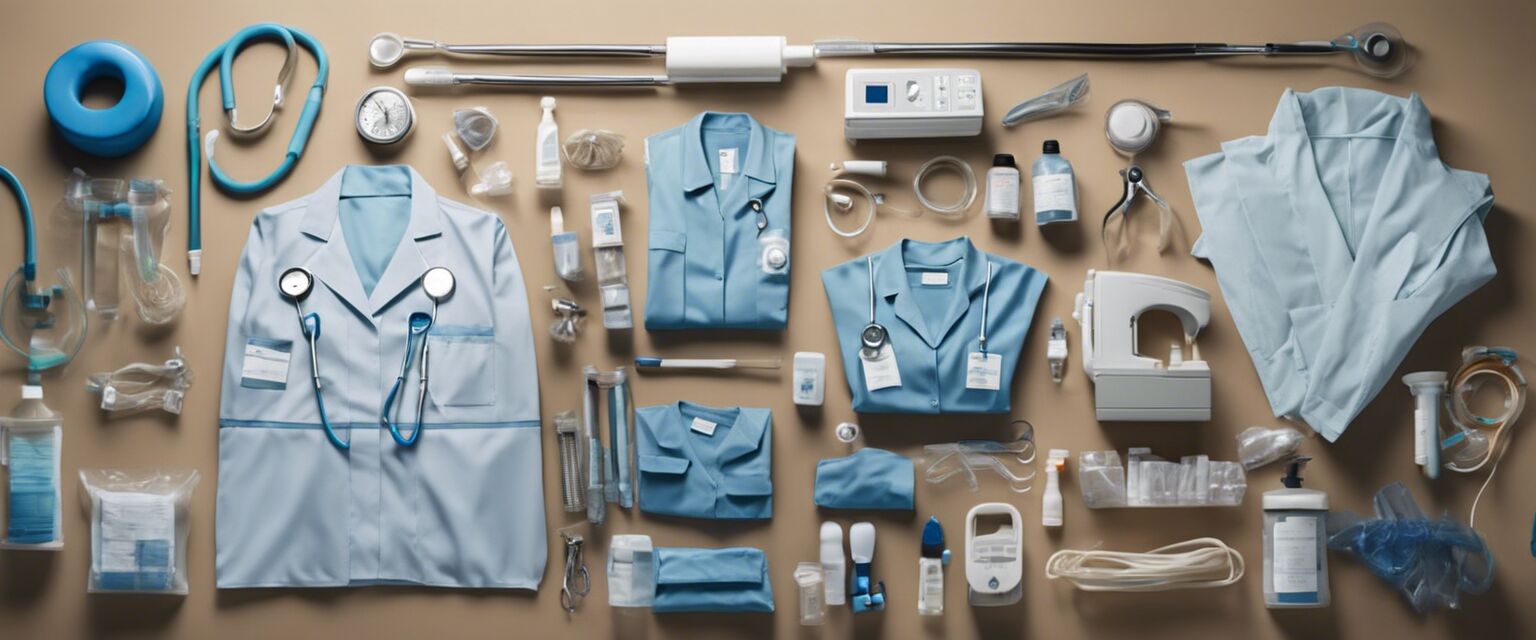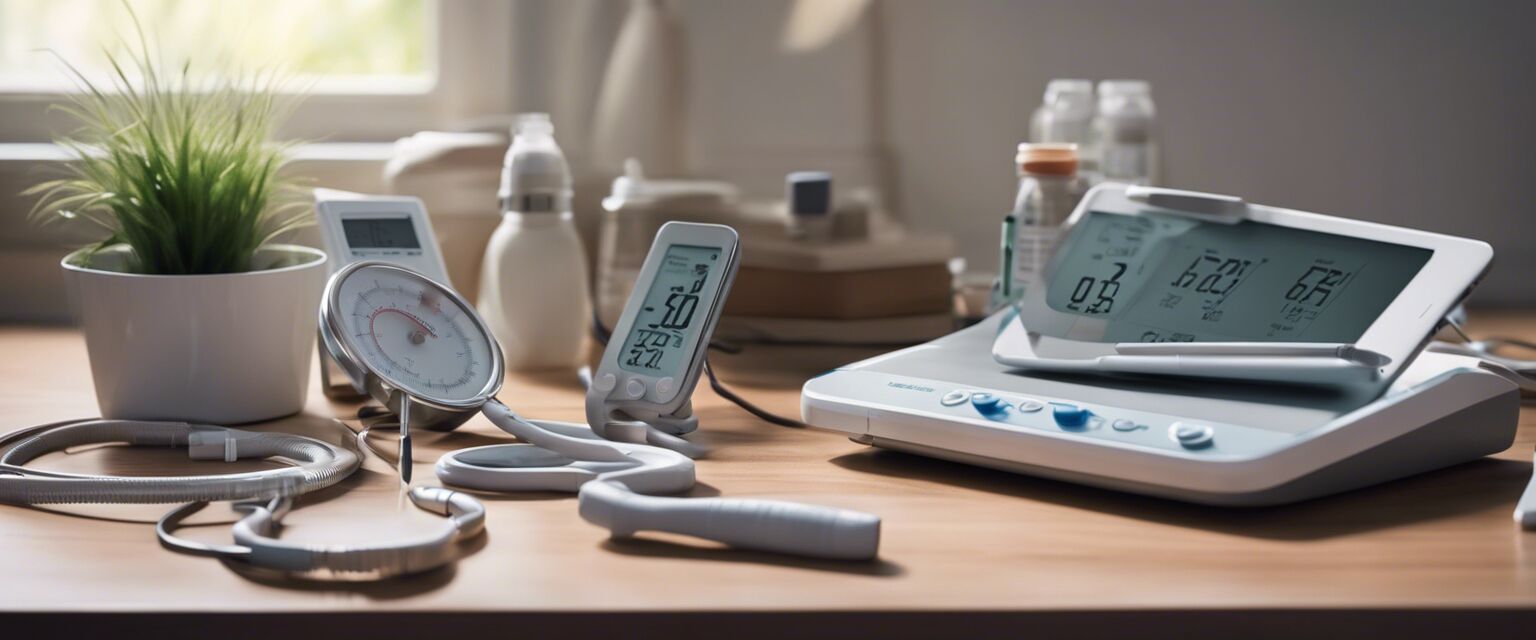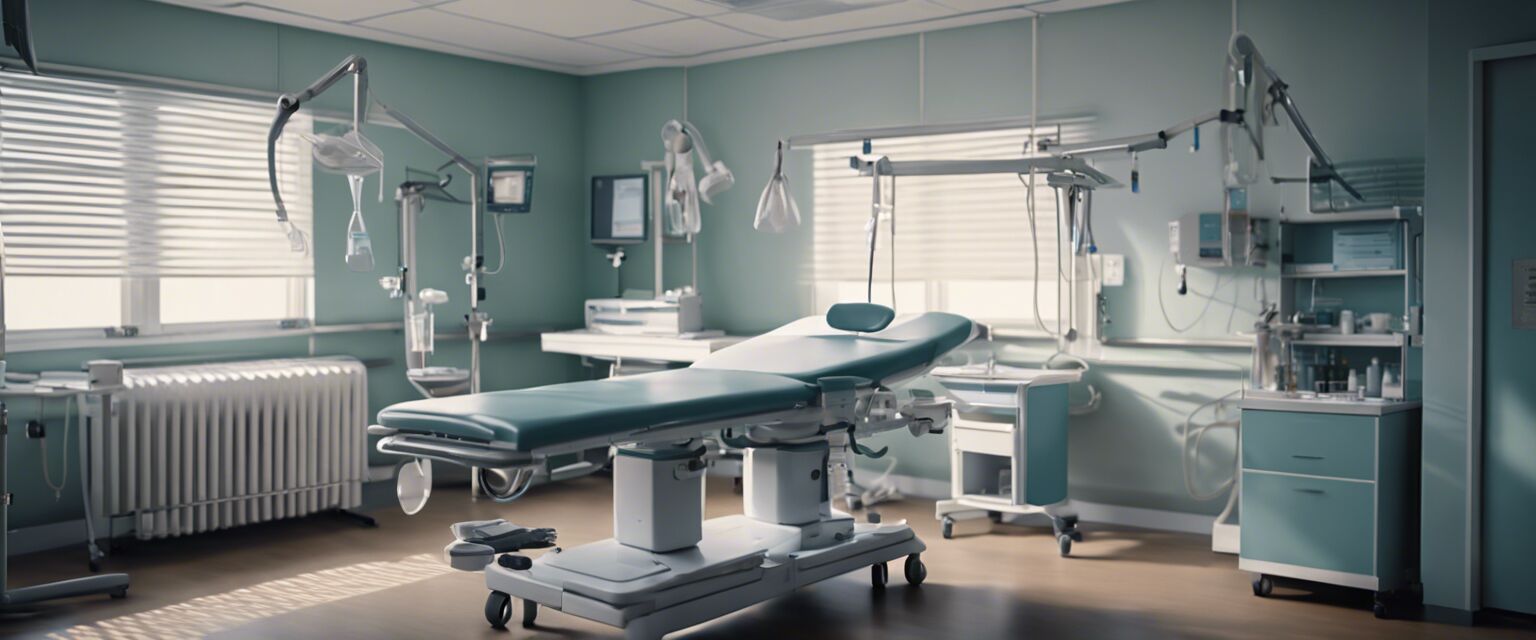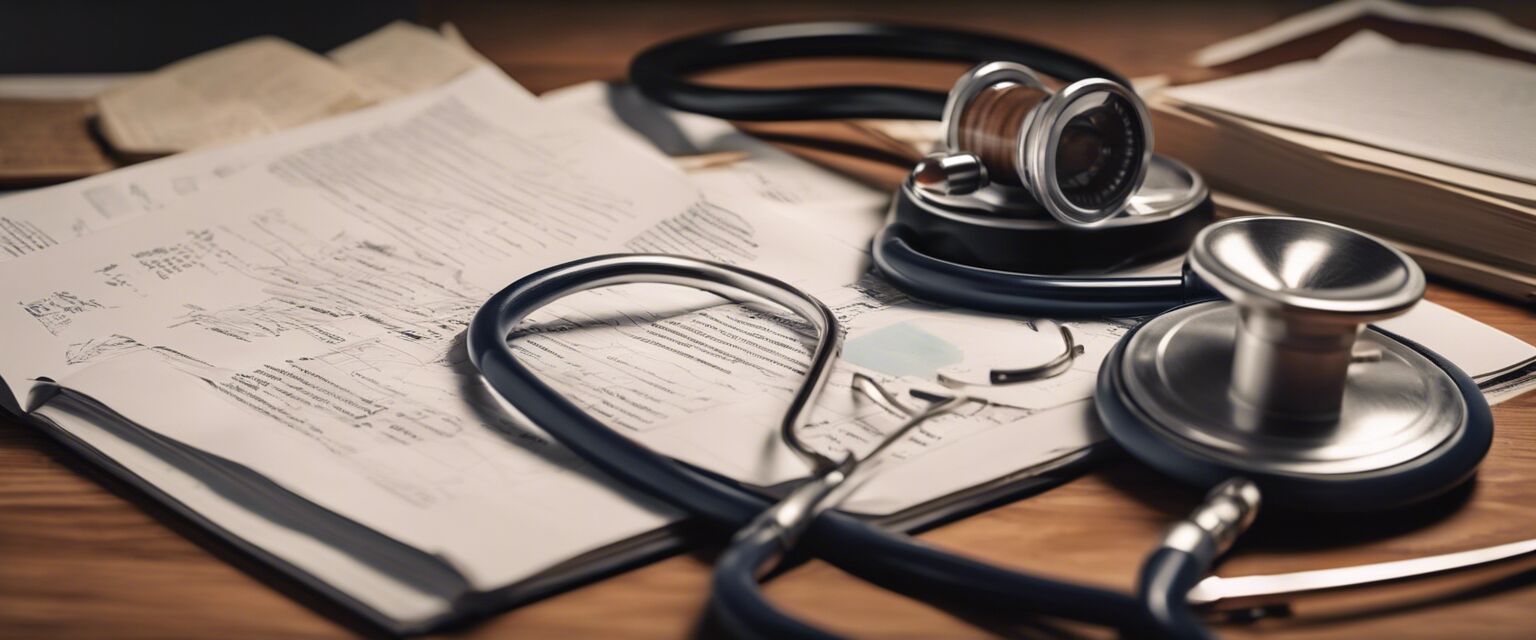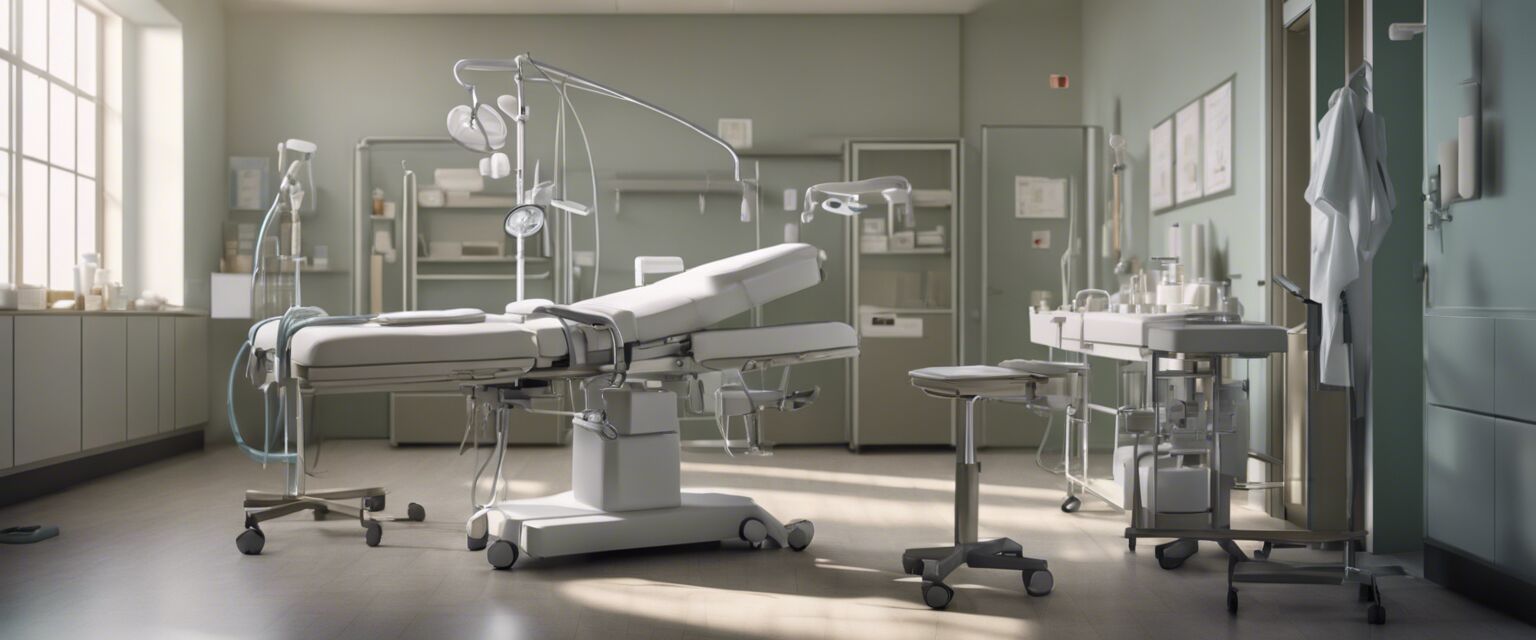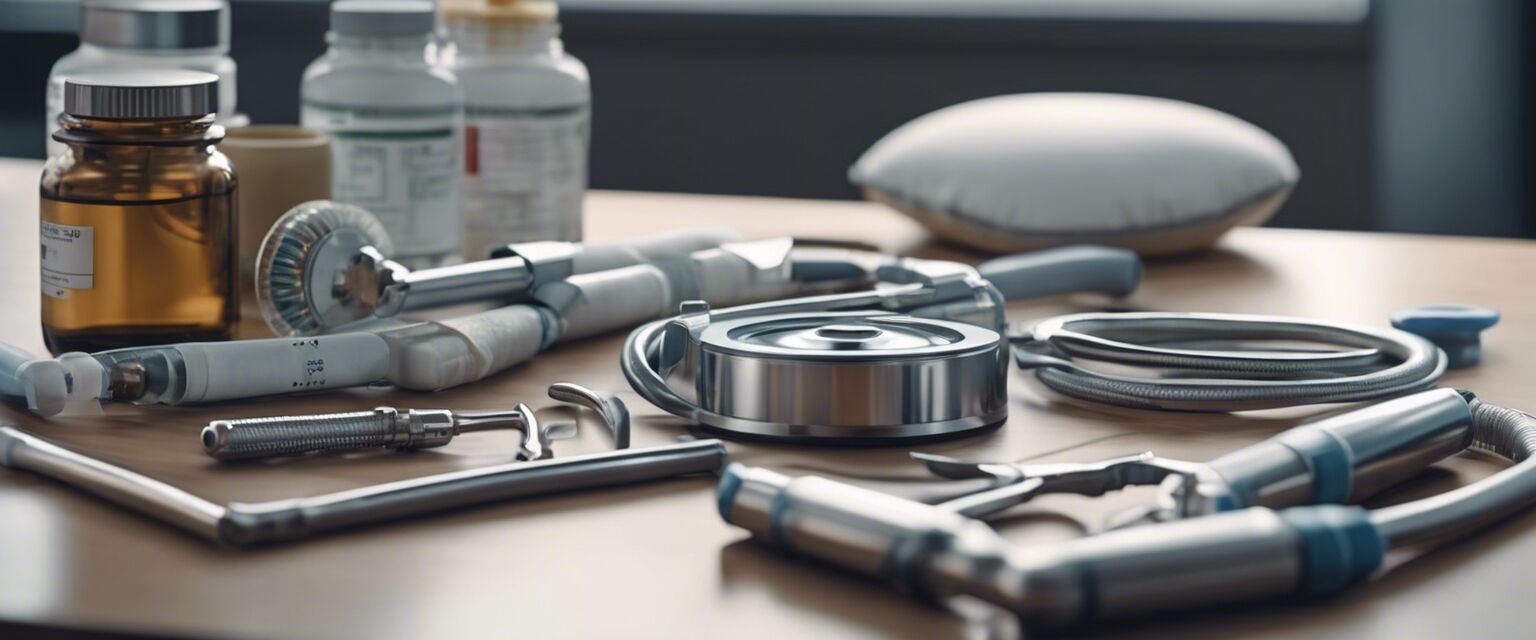
Clinical Skills and Procedures
Key Takeaways
- Clinical skills are essential for effective patient care.
- Understanding procedures enhances nursing practice.
- Continuous education is vital for skill development.
- Utilizing the right tools can improve efficiency.
Welcome to our comprehensive guide on clinical skills and procedures. This article will delve deep into the essential skills every nurse must master, the procedures involved, and how to continually improve these skills for the best patient outcomes. Whether you're a nursing student or a practicing professional, this guide will serve as a valuable resource.
Understanding Clinical Skills
Clinical skills refer to the specific techniques and procedures that nurses use to provide care to patients. These skills can range from basic tasks to complex procedures. Mastery of these skills is essential for effective nursing practice.
Types of Clinical Skills
| Type of Skill | Description |
|---|---|
| Basic Nursing Skills | Fundamental skills such as taking vital signs, bathing, and dressing patients. |
| Advanced Nursing Skills | More complex procedures like wound care, medication administration, and IV therapy. |
| Emergency Skills | Skills required for emergency situations, including CPR and first aid. |
| Technical Skills | Use of medical technology and equipment, such as EKG machines and infusion pumps. |
Essential Nursing Procedures
Nursing procedures are systematic processes that nurses follow to ensure quality care. Understanding these procedures is critical for patient safety and effective treatment.
Common Nursing Procedures
| Procedure | Steps Involved |
|---|---|
| Taking Vital Signs | Collecting temperature, pulse, respiration, and blood pressure. |
| Administering Medications | Verification, preparation, administration, and documentation of medications. |
| Wound Care | Cleaning, dressing, and monitoring wounds for signs of infection. |
| IV Therapy | Inserting IVs, monitoring flow rates, and observing for complications. |
Importance of Continuous Education
Healthcare is constantly evolving, and so are clinical skills and procedures. Continuous education is essential to keep up with the latest advancements in nursing practice.
Ways to Enhance Your Skills
Tips for Beginners
- Enroll in workshops and training sessions.
- Practice skills in simulation labs.
- Seek mentorship from experienced nurses.
- Stay updated with nursing journals and articles.
- Join professional nursing organizations.
Nursing Tools and Equipment
Utilizing the right tools is critical for performing clinical skills effectively. Below is a list of essential nursing tools that every nurse should be familiar with.
| Tool | Purpose |
|---|---|
| Stethoscope | Aids in auscultation of heart and lung sounds. |
| Sphygmomanometer | Measures blood pressure accurately. |
| Thermometer | Used to measure body temperature. |
| Pulse Oximeter | Monitors oxygen saturation levels in the blood. |
Professional Development in Nursing
Professional development fosters growth and learning in nursing practice. Engaging in development opportunities can greatly enhance your clinical skills.
Explore our Professional Development category for a variety of resources.
Pros
- Improved patient care through mastery of skills.
- Increased confidence in clinical settings.
- Opportunities for career advancement.
- Networking opportunities with other professionals.
Cons
- Time commitment for continuous education.
- Potential for burnout in high-stress environments.
- Costs associated with training and certifications.
Conclusion
Mastering clinical skills and procedures is imperative for any nursing professional. By continuously improving your skills and understanding essential procedures, you can ensure the best care for your patients. Explore our Nursing Tools and Equipment section to find the resources you need for your practice.
